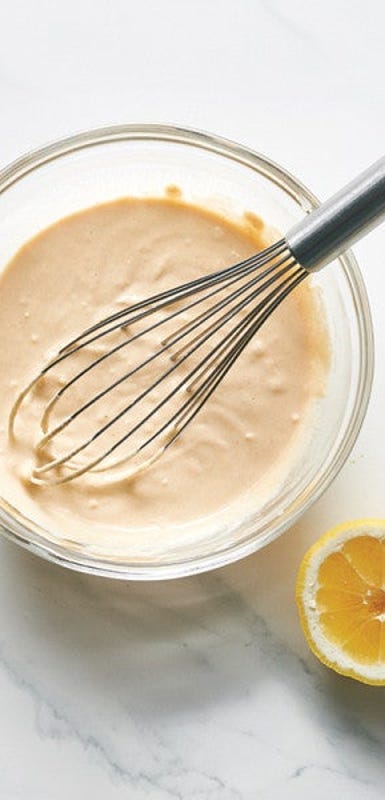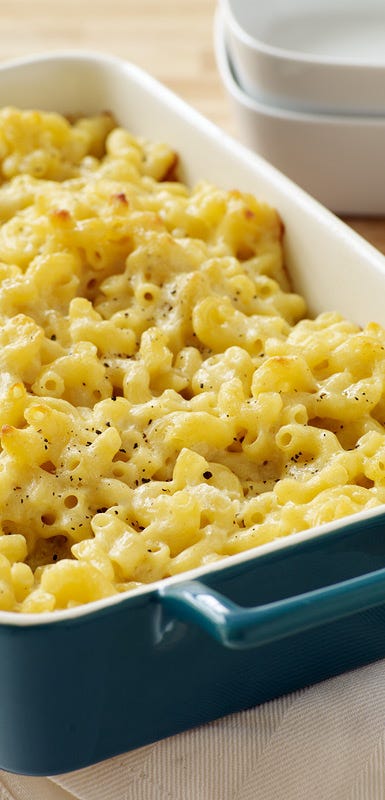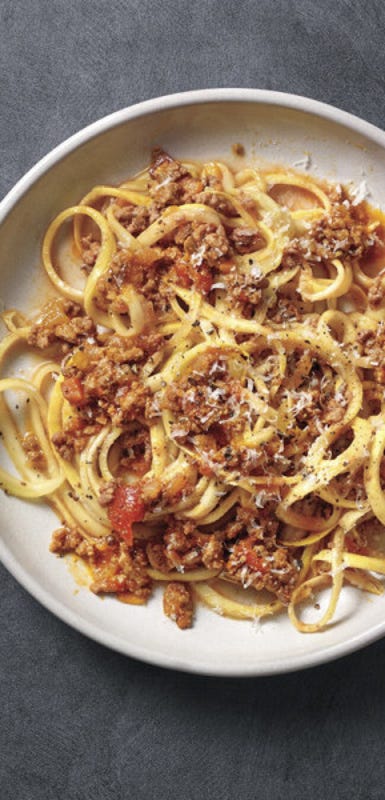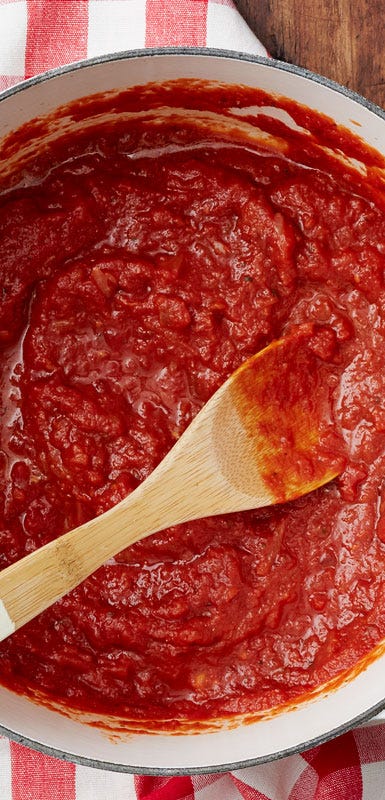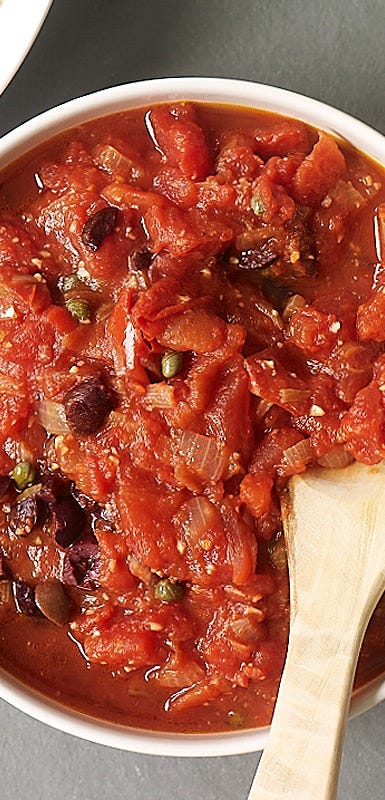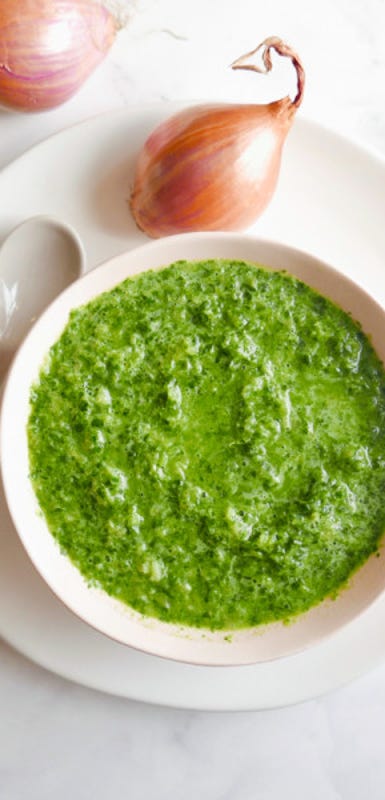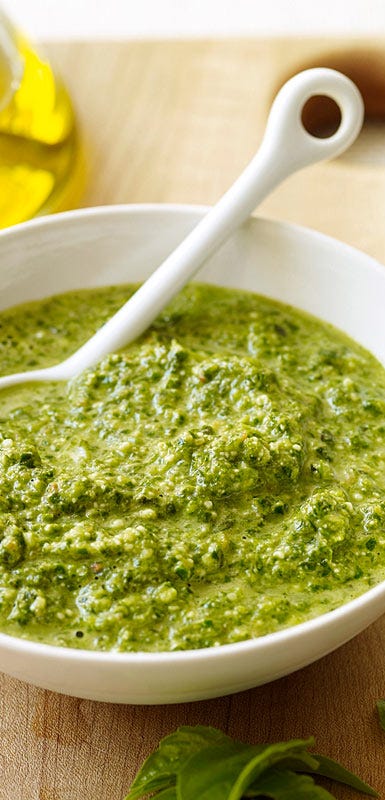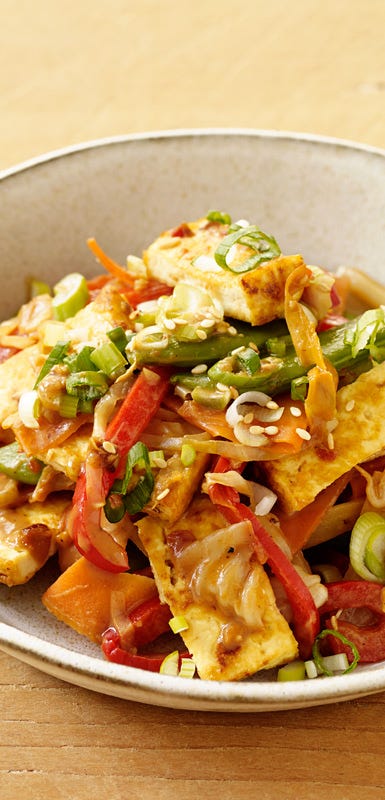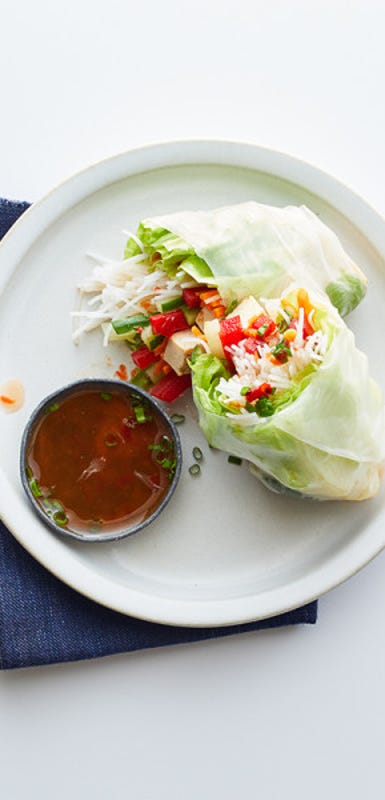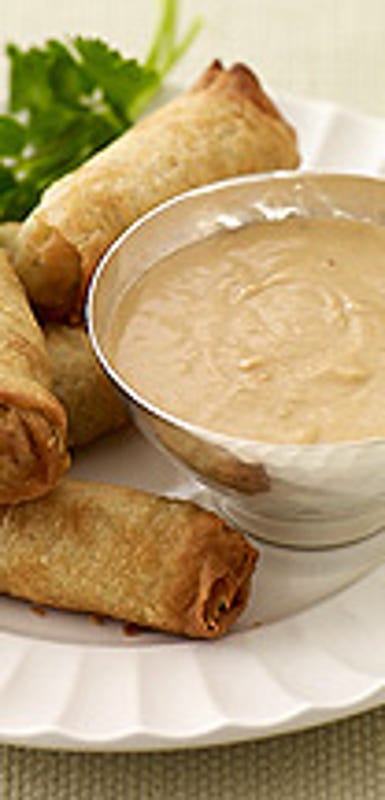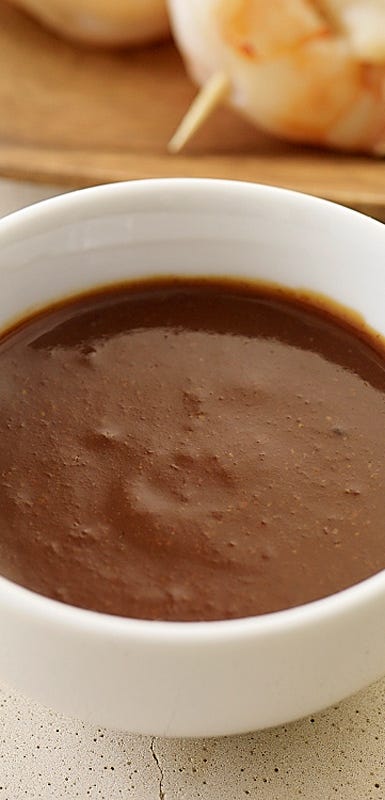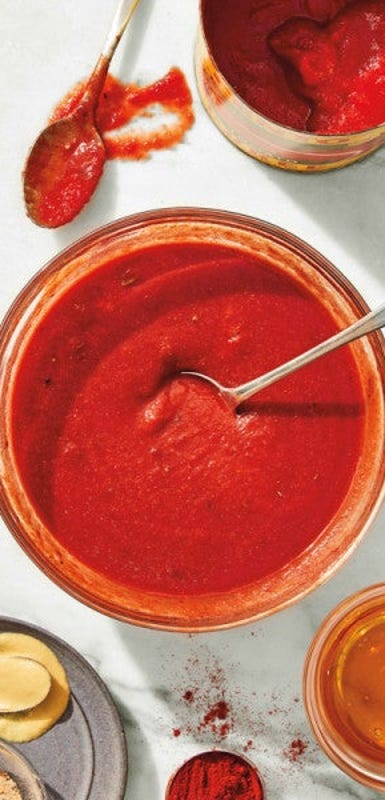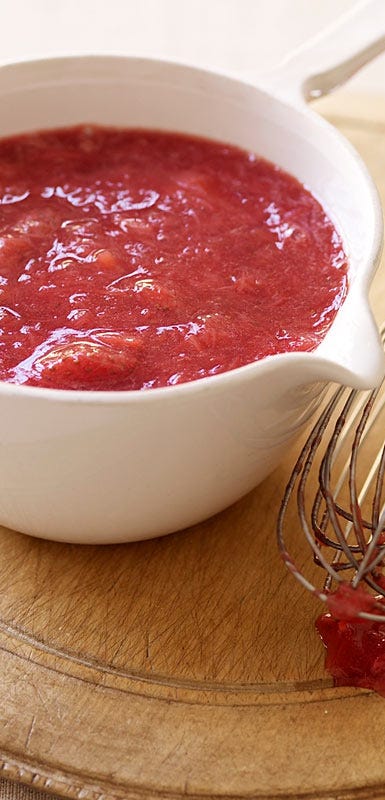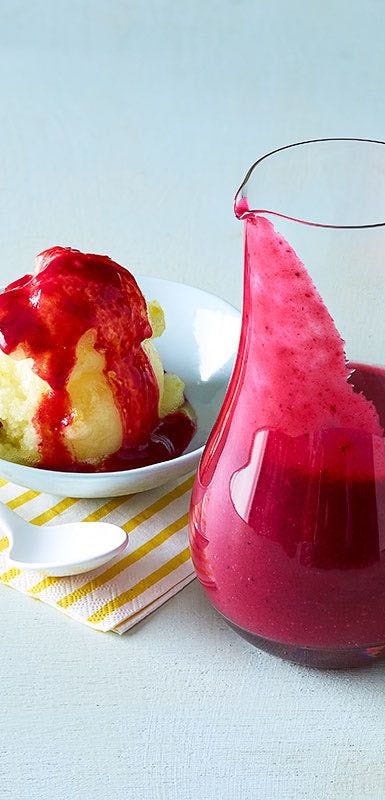Six Kinds of Sauce to Make and Freeze
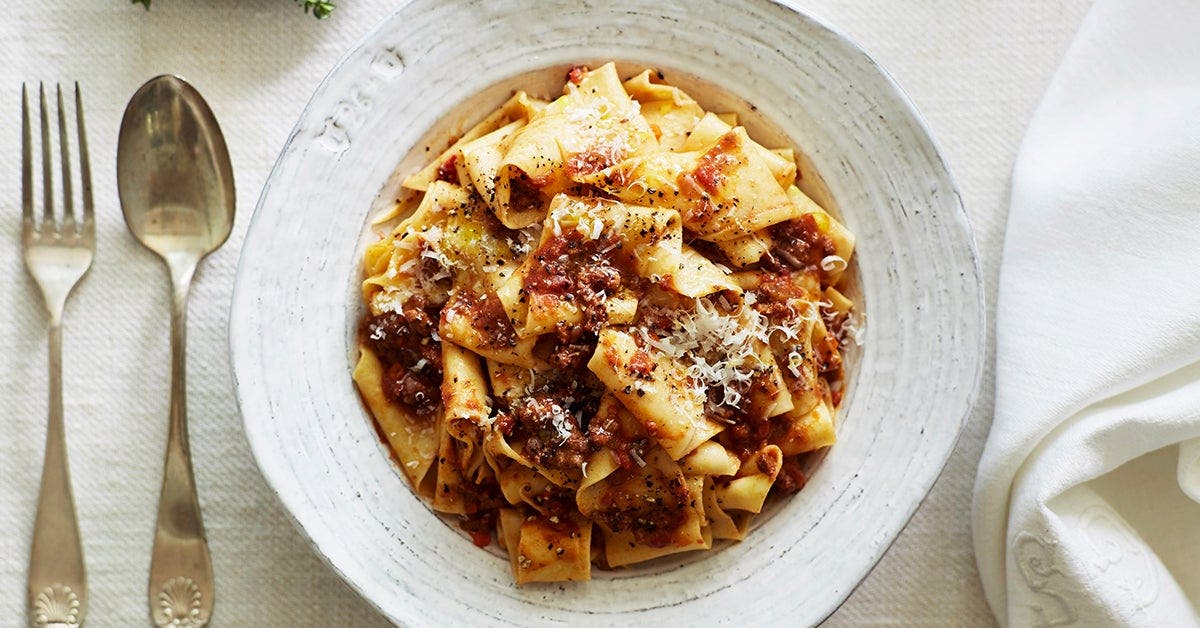
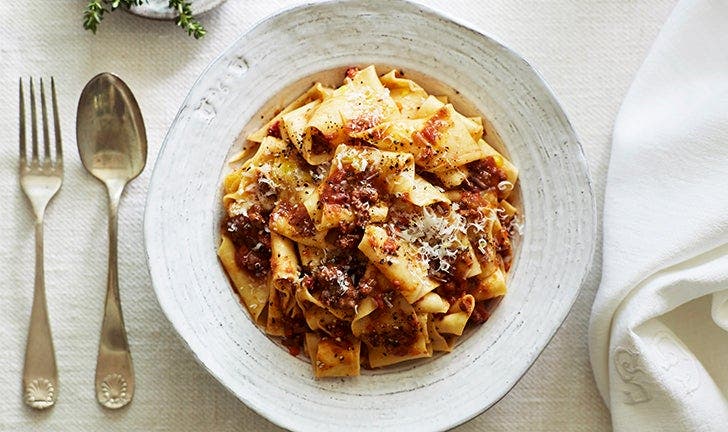
When there’s sauce in the freezer, there’s a meal less than 30 minutes away (even when the pantry is bare).
General guidelines for freezing and defrosting sauce
- Always let cooked sauces come to room temperature before freezing. If containers are immediately filled with hot food and placed in the freezer there is a risk that surrounding food might begin to thaw. You can speed up this process by placing the saucepan or bowl of hot sauce in an ice bath (either in a larger bowl or a clean sink.)
- When you’re decanting the sauce, leave a small amount of room in the container or ice cube tray to allow for expansion.
- Label the sauce with the date it was frozen, the name of the sauce and instructions for thawing and use.
- Store frozen sauce for up to 3 months. The sauce will be safe to eat after that point, but the overall quality will decline as it sits in the freezer.
- Defrost sauce in the fridge overnight or in cool water. Sauces that have been frozen in ice cube trays or other small portions can be quickly defrosted at room temperature. Tomato, barbecue, stir fry and fruit sauces can be safely defrosted in the microwave or over the stove.
Creamy sauces
Although creamy sauces aren’t known for being freezer safe, the sauces that fall under this category generally hold up quite well when stored in the freezer. The classic creamy sauces listed below may have been lightened up with the use of silken tofu, low fat cheeses and even pureed white beans in place of high fat dairy, but the flavours are just as rich and decadent tasting.
Defrost creamy sauces in the fridge overnight, not in the microwave. Depending on the recipe, creamy sauces will sometimes separate once thawed. To reincorporate the ingredients simply whisk together as the sauce is reheating.
Try creamy sauces in these recipes
Tomato-based sauces
Having a basic tomato sauce stored away in the freezer means that homemade pasta, pizza, chilli or Tex-Mex dish is never more than 30 minutes away. Use fresh or dried herbs and spices to change how the sauce will be used. For example, replacing Italian herbs for cumin and chili powder will create a tomato sauce that’s perfect for enchiladas. Feel free to add in extra veggies to make a more filling sauce.
Tomato sauce can leave stubborn red stains on reusable glass or plastic containers. To prevent this, give the container a quick spray with non-stick cooking spray before adding the sauce.
Herb sauces
Herb sauces are flavourful and vibrant, even a small amount makes a noticeable difference when added to pasta, risotto, tomato sauce or pizza. Use herb sauces to marinate poultry, red meat, fish and tofu or make a salad dressing using an herb-based sauce diluted with a squeeze of lemon or a splash of vinegar.
Freeze herb sauces in ice cube trays, transferring the cubes to a resealable freezer bag once frozen. The frozen herb sauce will defrost quickly at room temperature or it can be added directly to hot sauces, soups and stews.
Herb sauces to try
Asian-style sauces
Asian-style stir fry and dipping sauces transform vegetable spring rolls, grains, and stir-fried veggies into a memorable main event. Any sauce that includes nutrient-rich ingredients like peanut butter or tahini will up the satiety factor of any meal it’s being paired with, especially when the recipe is otherwise low in protein and healthy fats.
If a stir fry sauce calls for cornstarch, prepare the recipe up until just before that point and freeze. Whisk in the cornstarch right before adding it to the pan, otherwise the sauce will clump and separate.
Barbecue sauces
Homemade barbecue sauce is easy to make, but often yields more than is needed for a single recipe. By freezing barbecue sauce in small quantities, it can quickly be defrosted at room temperature or in the microwave to use as a marinade, to baste meat with on the barbecue or in a slow cooker or drizzled on a meatloaf in place of ketchup.
Our favourite barbecue sauce recipes
Fruit sauces
Surprisingly versatile, fruit sauces are equally as delicious layered in a yogurt parfait as they are served with pork loin. Fruit sauces are a fantastic way to use up berries, apples, pears, and citrus fruit before they spoil; try spooning them onto oatmeal, granola, pancakes, waffles and ice cream.
Avoid freezing fruit sauces made from bananas or avocado, the texture suffers considerably when the sauce or compote has thawed.

